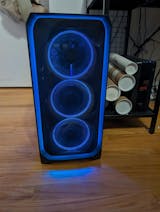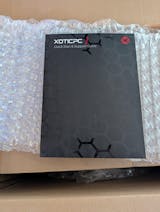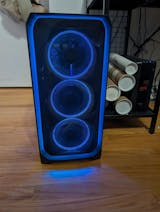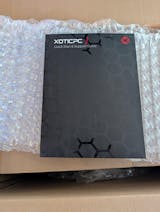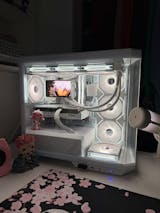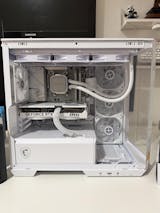Dynamic Link Libraries (DLLs) are very important in software creation, especially for Windows operating systems. They make it possible for programs to work together and run. DLLs are an important part of making flexible code that can be used again and again. This article will talk about what DLLs are, how they work, their pros and cons, and how they can be helpful.
What are DLLs?
Dynamic Link Libraries (DLLs) are groups of functions and data that can be used by many apps at the same time. DLLs are called upon by other programs to do specific tasks, unlike executable files that run as separate programs. This lets code be reused and memory be used more efficiently.
How DLLs Work
It's the code and data inside DLLs that make it possible for Windows programs to do different things. These tools can't be run directly, but programs that need them can load them at runtime. When a piece of software uses a function that is stored in a DLL, the operating system loads the DLL into the program's memory and lets it run the function.
Key Features of DLLs
-
Code Reusability: DLLs help you reuse code. A single DLL can be used by multiple programs to access the same tasks. This saves space on the hard drive and makes updates easier.
-
Modular Architecture: With DLLs, applications can be broken up into separate modules that are easier to handle and keep up to date.
-
Memory Efficiency: With DLLs, you can save memory. Multiple programs that use the same DLL share its single copy in memory. This is better than loading multiple copies of the same code one at a time.
-
Delayed Loading: DLLs can be put into an app only when they are needed (called "lazy loading"). This can speed up the app's startup and make it work better overall.
Advantages of Using DLLs
- Reduced Memory Footprint: Applications can share common code and resources with DLLs, which means they need less RAM. This is especially helpful for big applications.
- Ease of Deployment and Updates: When you update a DLL, you only need to recompile the DLL and not the whole program. This modular update feature makes it less likely that mistakes will happen and makes it easier to maintain and launch apps.
- Platform and Language Independence: DLLs can be written in many programming languages and work with any language that allows function calls in the C programming language. This gives developers a lot of options when making apps.
Challenges with DLLs
- Dependency Issues: If the needed DLL version is not present, applications that depend on certain versions of DLLs might not work properly.
- DLL Hell: This word is often used to describe the issues that happen when different programs need different versions of the same DLL, which causes mistakes and conflicts.
- Security Risks: A lot of bad software can target DLLs and replace them with versions that have dangerous code.
Different programs can share code and resources more easily with the help of Dynamic Link Libraries, which are built into Windows. With their benefits in efficiency, modularity, and resource control, they also have some problems. Knowing about these things helps developers and users better handle DLLs, which makes sure that applications run more smoothly and safely.













